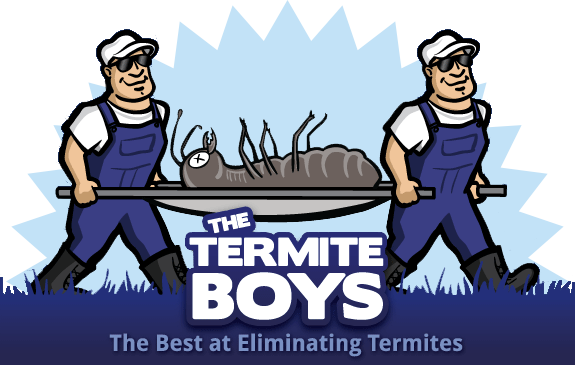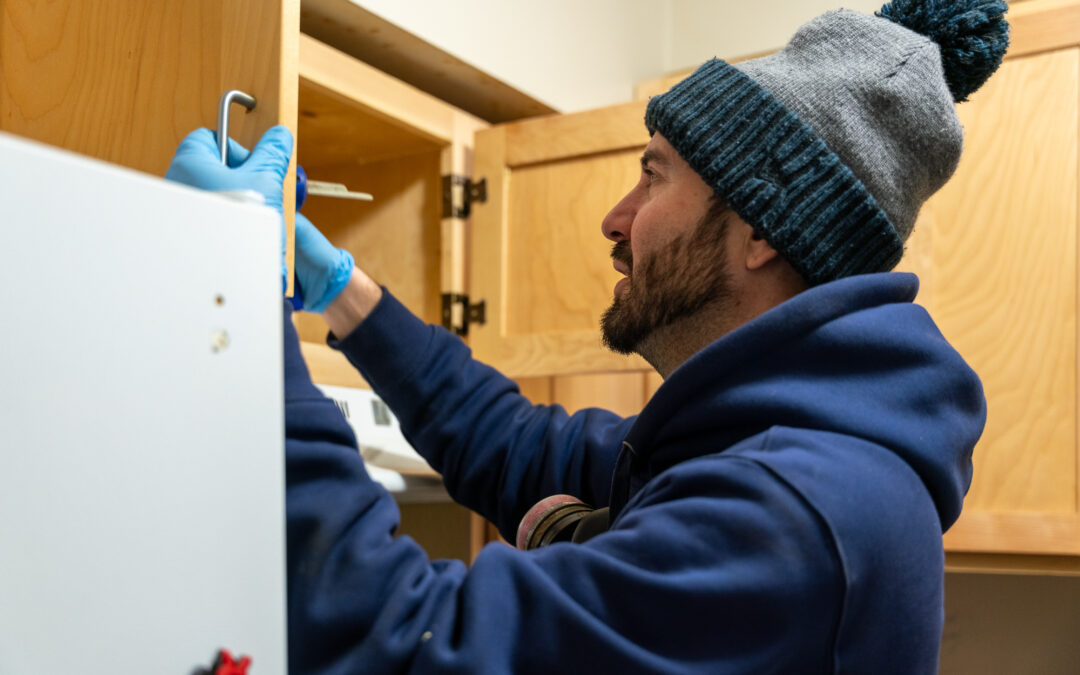Termites can be a homeowner’s worst nightmare, especially in a city like Boston where historic homes and wooden structures abound. Understanding how to deal with these pests effectively is crucial for protecting your property. This guide will walk you through everything you need to know about termite control in Boston.
Understanding Termites
What Are Termites?
Termites are small, wood-destroying insects that can cause extensive damage to homes and buildings. There are several types of termites, but the most common in Boston are subterranean termites. These termites live underground and build mud tubes to access food sources, making them particularly destructive.
Signs of Termite Infestation
Look out for these warning signs:
- Mud Tubes: These are small tunnels made of soil and wood that termites use to travel between their nest and food sources.
- Discarded Wings: Termites shed their wings once they find a new nesting site. Finding piles of wings near windows or doors is a red flag.
- Hollow Wood: Tap on wooden structures; if they sound hollow, termites may have eaten away the interior.
- Frass: This is termite droppings, which appear as small, wood-colored pellets.
Preventing Termite Infestation
Moisture Control
Termites thrive in moist environments. Ensure your home is dry by:
- Fixing leaky faucets, pipes, and air conditioning units.
- Keeping gutters and downspouts clean and directing water away from your foundation.
- Installing moisture barriers in crawl spaces.
Regular Inspections
Regularly inspect your home for signs of termites. Pay special attention to wooden structures, basements, and attics.
Landscaping
Maintain a gap between soil and wooden parts of your home. Avoid using mulch near your foundation, as it can retain moisture and attract termites.
Termite Treatment Options
Chemical Treatments
Chemical treatments are one of the most effective ways to eliminate termites. These include:
- Liquid Termiticides: Applied to the soil around your home, creating a barrier that termites cannot cross.
- Bait Systems: Placed around your home, these attract termites and deliver a slow-acting poison that they carry back to their colony.
Non-Chemical Treatments
If you prefer eco-friendly options, consider:
- Heat Treatment: Raising the temperature of the infested area to a level that kills termites.
- Cold Treatment: Using liquid nitrogen to freeze termites.
Professional Pest Control
While DIY methods can be effective, hiring a professional pest control service ensures thorough and long-lasting results. They have the expertise to identify infestation levels and apply the most appropriate treatment methods.
Choosing a Pest Control Service in Boston
When selecting a pest control service, keep the following in mind:
- Experience and Reputation: Look for companies with a proven track record in termite control.
- Licensing and Certification: Ensure the company is licensed and certified to operate in Boston.
- Customer Reviews: Check online reviews and ask for references to gauge customer satisfaction.
Termite control is a critical aspect of home maintenance, especially in a city like Boston, where wooden structures are prevalent. By understanding the signs of infestation, taking preventive measures, and choosing the right treatment options, you can protect your home from these destructive pests.
Take Action Now – If you suspect a termite infestation, don’t wait. Contact a professional pest control service today to ensure your home remains safe and sound.

